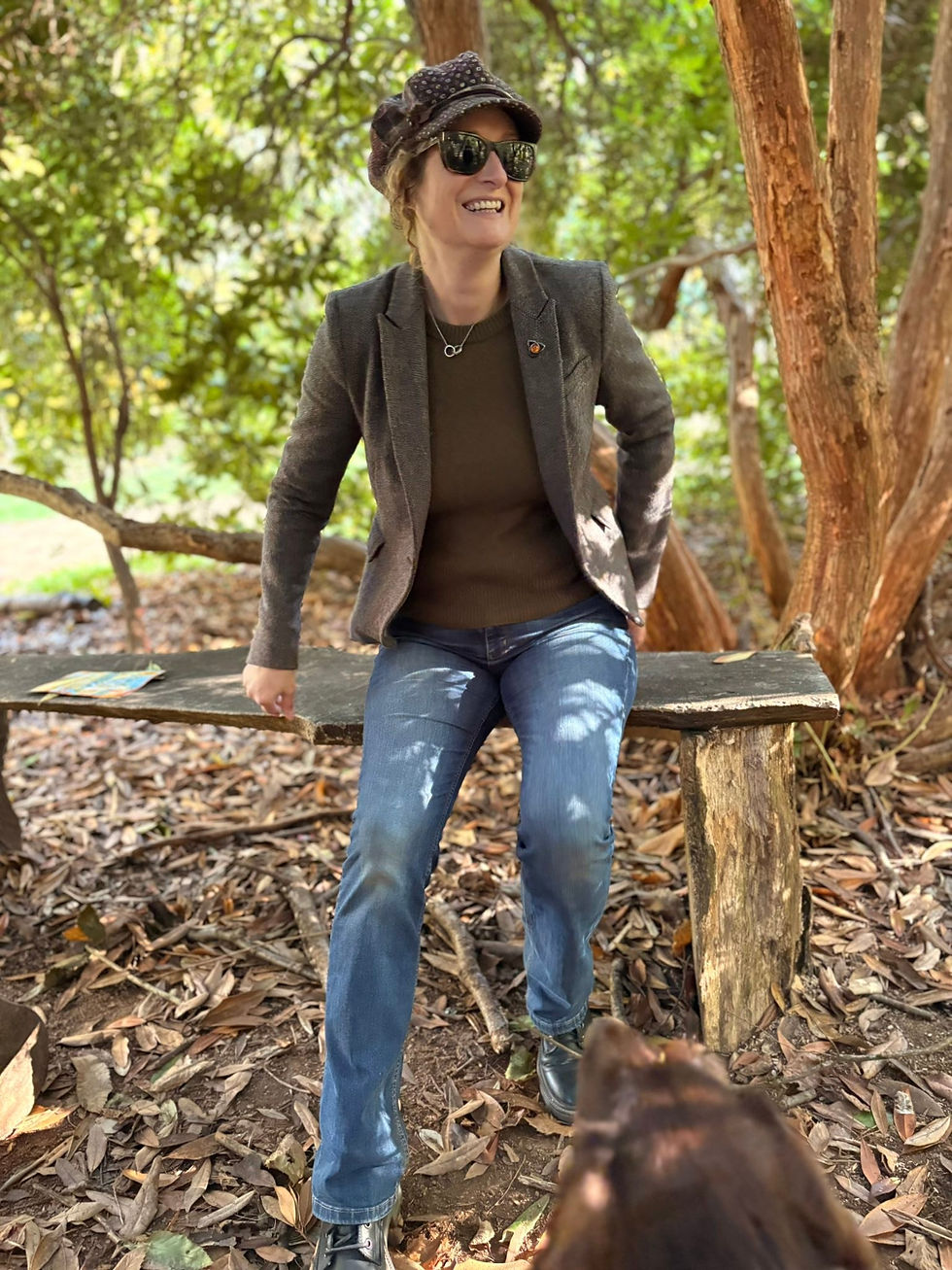What is resilience?
- lucywcoaching

- Feb 16, 2021
- 3 min read

We see resilience in nature all around us. Ordinary things like the flowers that push through the cracks in the pavement. Or watching the news and seeing whole forests growing back after a fire. Sitting glued to Blue Planet and being amazed at how the penguins adapt their walk to tiptoe around the hungry seals. These are all examples of resilience in nature. But what about humans. What does resilience look like for us?
Well, in real life it means we bend, stretch and change in order to get through little irritations, such as our favourite dinner being off the menu at the restaurant. Or having to change our holiday destination because the flights were cancelled. It might look like adapting to a new boss at work or changing our job completely in order to thrive. It could even mean adapting to huge, life changing events like a world pandemic. Something that is so big it completely stops us in our tracks.
The thing is, no matter how big or how small the pressure is, if we adapt our thoughts, open our minds and change our behaviour, then we are in a better place to cope with the pressures we face.
When we are resilient, we don’t just bounce back when we fall. We learn something about ourselves, we change as we take on new knowledge. It leaves us stronger. That’s not to say that challenges don’t affect us, it simply means we can cope with the difficulties that come our way. It also means we can learn from failure and other setbacks.
Our resilience is being tested every day and nobody is immune. The most important thing to know about resilience is this:
"Resilience is not something you either have or have not, we all have the capacity for resilience." (American Psychological Society)
How resilient am I?
Sometimes it helps to look at how a lack of resilience shows up for us, before we can nurture resilience in ourselves and others.
Take a look at the following statements and see how much you agree…
• I can control my emotions under pressure
• I can take control under uncertainty
• I manage my way through difficulty
• I am decisive
• I use strategies to manage stress
• I ask for help when needed
• I am flexible with change
• I recognise when I need to develop new skills or behaviours.
These are just a few examples that may give some insight into your resilience. You may identify with a few of these statements, or many of them. No matter what, please know that resilience can come and go and no-one has a deeper reservoir of resilience than anyone else.
What makes someone seem more resilient? Their positive mindset, flexible thinking, how they adapt to change, an awareness of values, emotional control, and an ability to seek support when needed. These are just a few of the things that help us cope with pressures and adversity.
Resilience does not make us invincible. It simply gives us the strength, energy and knowledge to take risks, adapt to change, take on external pressures and the space to learn and grow.
Nurturing resilience
So, let me ask you, what would you do if you if you had the courage to take risks? What would you do if you weren’t afraid of failing? How would it look to have the confidence to open your mind to learning about your own resources? Let me know in the comments.




Comments